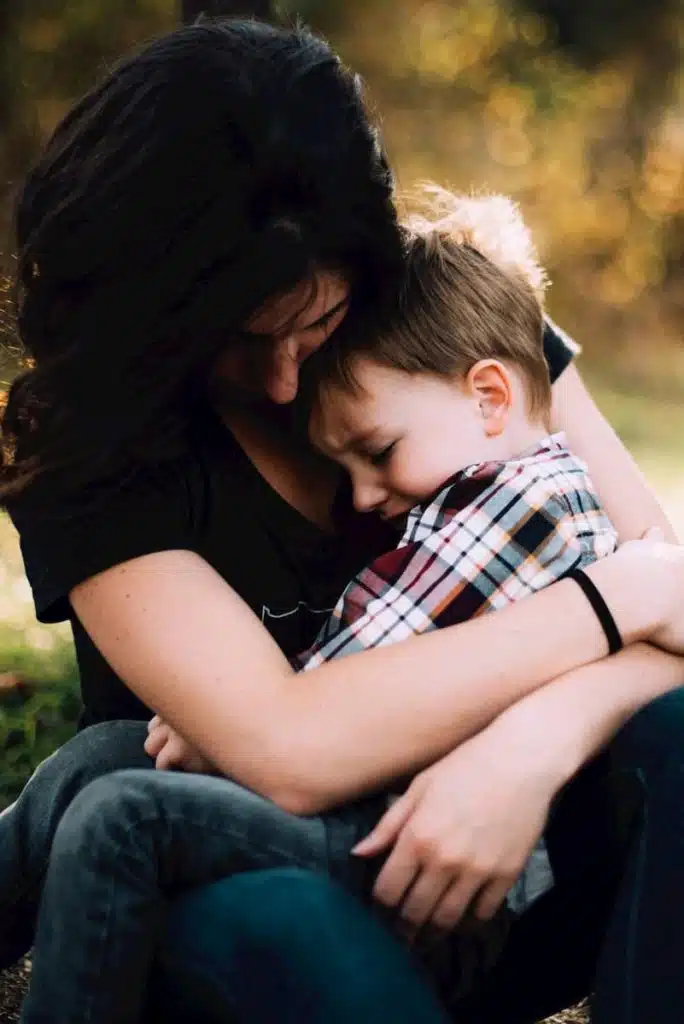Almost 85% of professionals disagree or strongly disagree that the UK government does enough to protect children from trauma and its impact, according to a survey by Parent Infant Foundation.
The report sets out the case for more specialised parent-infant relationship teams around the UK to strengthen and repair early relationships between parents and their babies when these are at risk.
“Children who have experienced early trauma are more likely, for example, to struggle with their learning, to “act out” at school and to experience mental health problems,” said the report.
“Understanding early trauma enables us to see how we might be able to prevent their problems from emerging, or provide more appropriate and timely support,” it added.
Babies can experience psychological trauma when their environments are repeatedly harmful or threatening to them or their parents or caregiver.
Traumatic experiences might include:
- Physical or emotional abuse
- Domestic abuse
- Neglect
- High levels of stress
- Conflict at home
Without a nurturing environment to support them, young children experience negative events as more traumatic, the Parent Infant Foundation warns. Furthermore, nurturing relationships enable children to overcome trauma and adversity.
A child’s brain is susceptible to influences in the earliest years of life and therefore the experiences of the first 1001 days can have a greater impact on development and function than at any other time.
“Traumatic experiences at that stage can have potentially widespread and long-term consequences,” said the report.
The Parent Infant Foundation carried out two surveys with thew public and teachers and early years professionals to gauge their understanding of early trauma and to ascertain whether they believe enough is done to prevent early trauma and mitigate its effects.
The surveys found:
- 97% of professionals and 75% of the public recognise that early relationships are “very important”.
- 84% of the public agreed or agreed strongly that health services should offer support to families with issues in early parent-infant relationships.
- 84% of professionals disagree or strongly disagree that the UK government does enough to protect children from trauma and its impact.
- 67% of professionals disagree that public services in their area do enough to support young children who have been exposed to trauma.
The Foundation says the survey results also underline the impact of the lack of services for very young children, including gaps in mental health services and health visiting services.
Teachers and professionals in early years and childcare settings described the effects of trauma on the children they work with which included:
- Struggles with language
- Problems concentrating
- Emotional wellbeing
- Social development
- Problems in relationships with peers and colleagues
They also described the knock-on effect on other children.
“We call on governments across the UK to ensure that policies and services for babies, children and young people tackle adversity, strengthen early relationships and provide trauma-informed support to those who need them,” said the report.
“As part of this support there should be specialised parent-infant relationship teams in every local area to provide skilled support to strengthen and repair the essential early relationships between babies and their parents or caregivers,” the report concluded.
Understanding early trauma and the importance of early relationships



